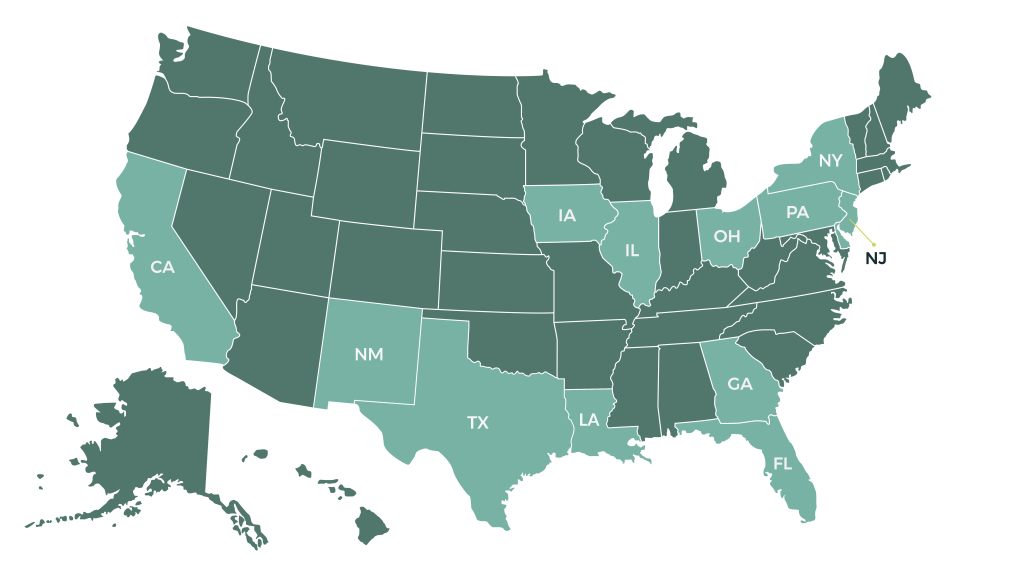Welcome
To The NATRC
With 52 member programs across the country, the National Alliance of Trauma Recovery Centers (NATRC) provides technical assistance and training, facilitates a collaborative learning community, and serves as a catalyst to advocate for just and equitable healing services for all.
Together, we’re creating a world where every survivor of violence gets the help they need to heal by increasing access to trauma-informed care for all people impacted by violence and systemic inequities.
The TRC Model
Promoting Survivor-Centered Healing
and Removing Barriers to Care
Survivor-Centered Services
Include assertive community outreach, trauma-informed / evidence-based mental health care, and help with practical needs.
Overcoming Barriers
Identifies and overcomes barriers that survivors face in order to get the help that they need to heal.
Advocacy & Support
Coordination across complex medical / legal / financial / housing systems that many survivors must navigate.
Reducing Healthcare Disparities
Multidisciplinary teams provide evidence-based psychotherapy to target symptoms of distress and increase safety.
Inclusive / Non Siloed Services
TRCs serve survivors of all types of interpersonal violence: physical assault, sexual assault, domestic violence, community violence, hate crimes, immigration trauma, homicide loss.
Reaching Underserved Communities
Services are provided within a social justice / culturally responsive framework.
Rejecting Stigmas
Rejects stigmatization of people seeking mental health treatment.
Cost-Effective Results
Evaluates the model to ensure it is both treatment effective and cost effective.
Trauma Recovery Centers
52 Across the Country


